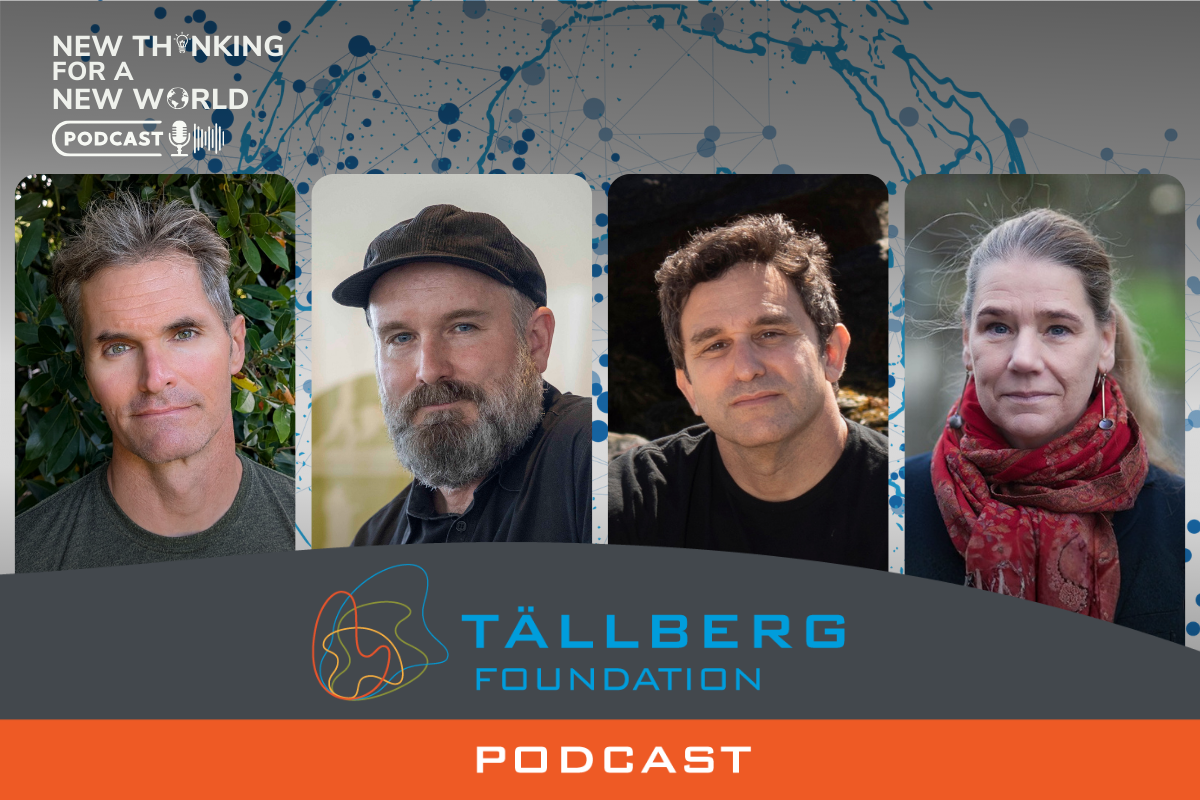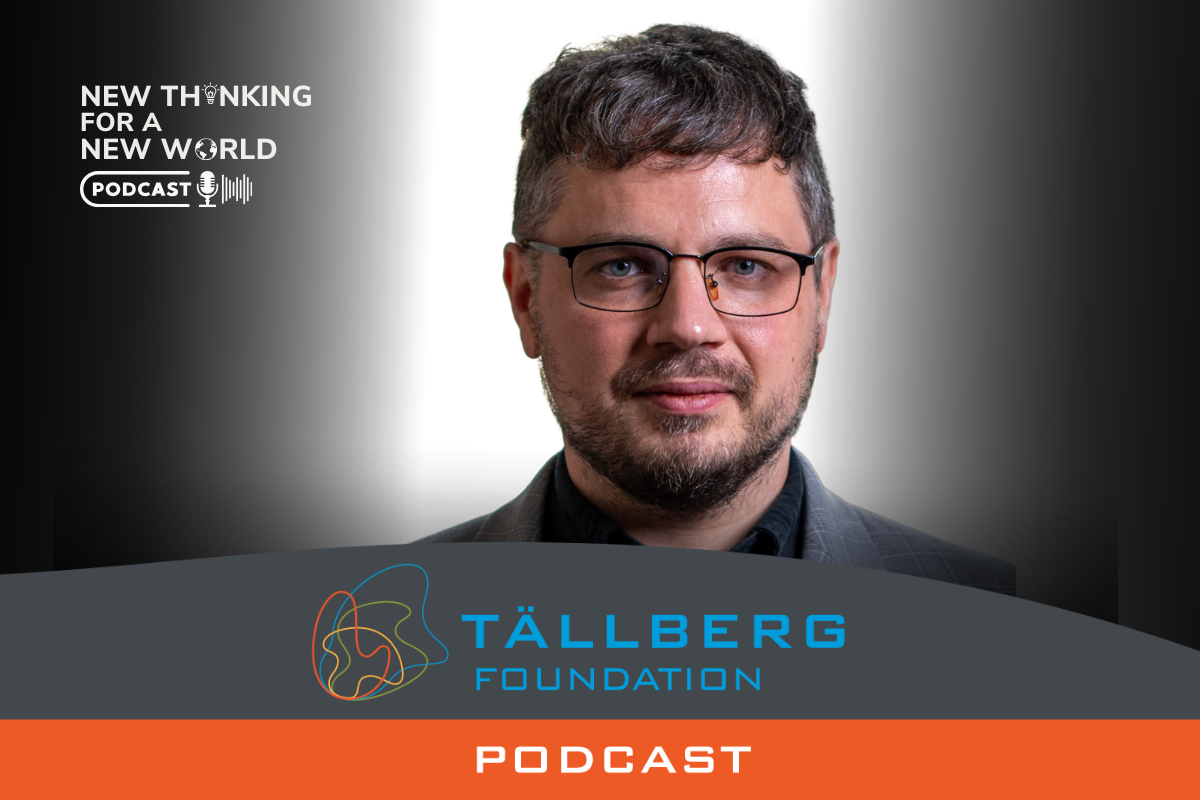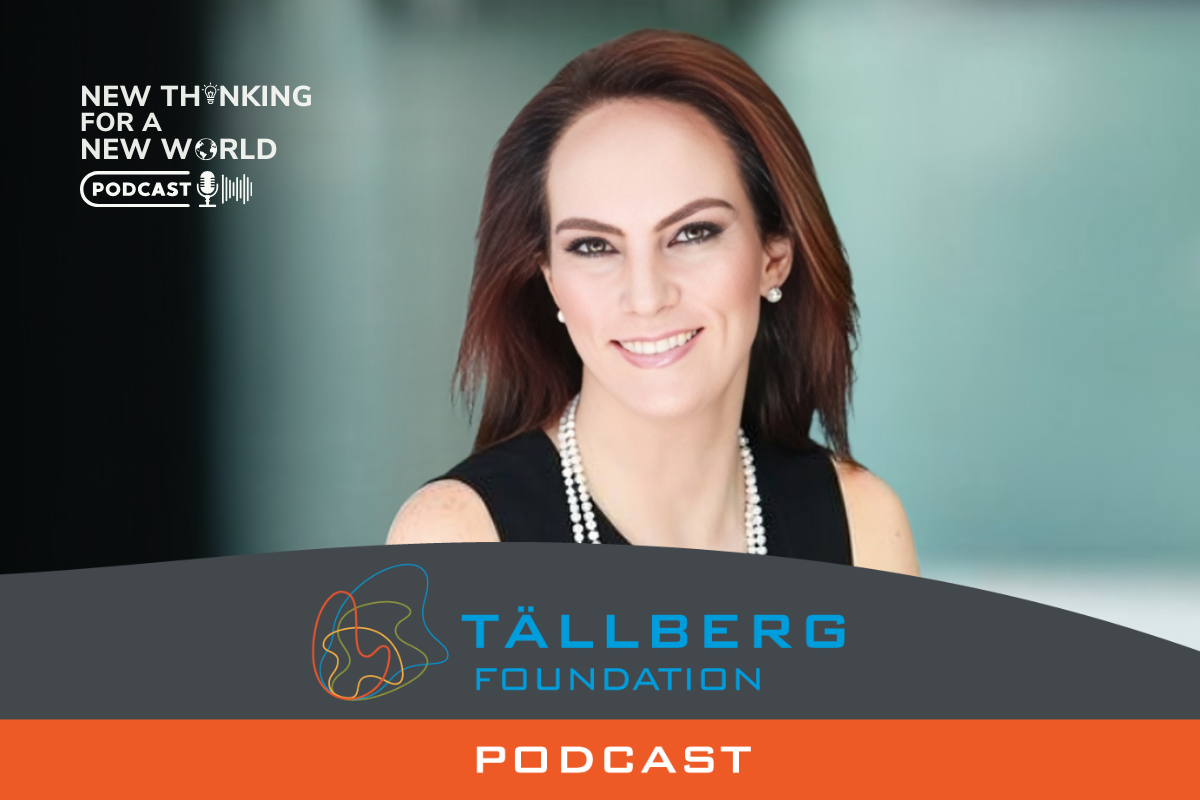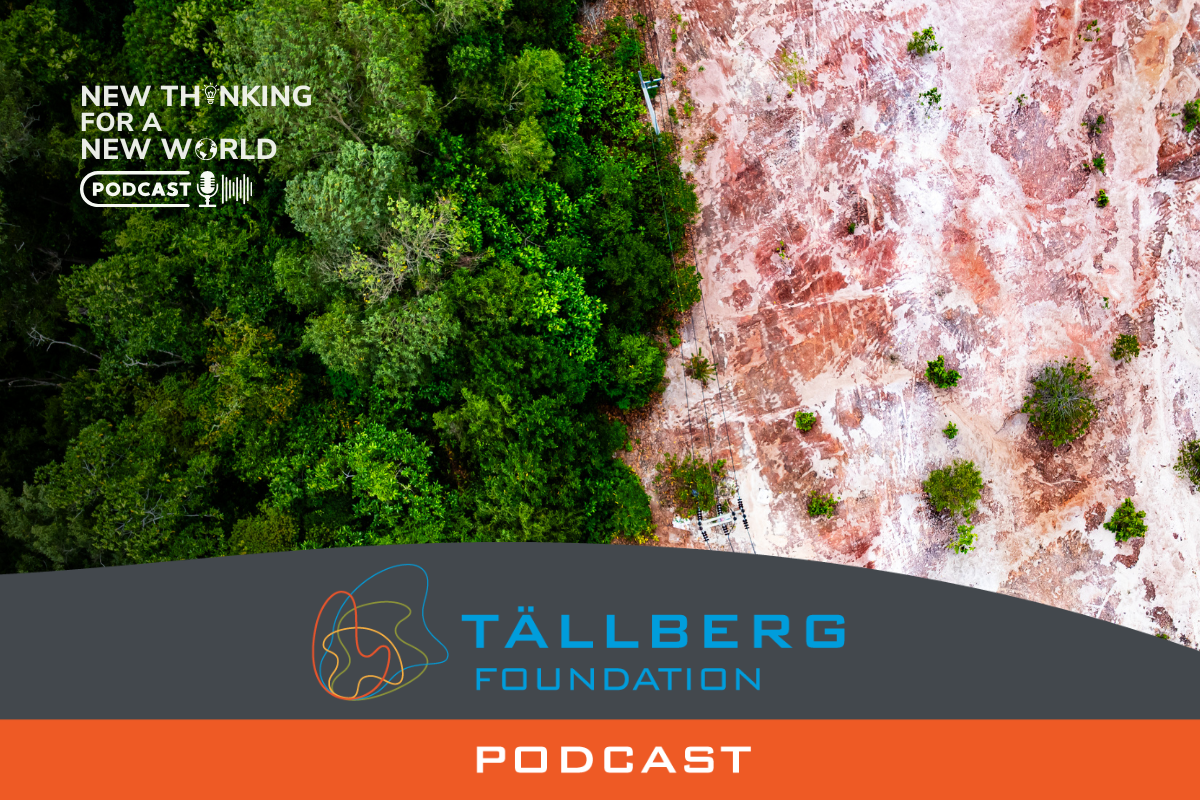We live in an increasingly complex technology-driven world. How we learn, how we create, how we make and grow things, how we interact with each other is being transformed by new technologies that themselves are rapidly evolving. In a perfect world, this technological transformation would lift all boats, make people smarter, healthier, more prosperous, maybe even wiser and more human.
This, obviously, is not that perfect world—in part because the unpleasant fact is that too many people in too many places lack the skills to cope with even the day-to-day realities of modern life.
That is the stark conclusion of a massive study of adult skills in 31 major countries across Europe, the Americas, and East Asia recently published by the Organization of Economic Cooperation and Development (OECD). Simply put: adult literacy, numeracy, and problem-solving skills are declining or stagnating almost everywhere. That’s the exact opposite of what our societies need.
No wonder so many people in so many places seem dissatisfied—seem to fear the future, not embrace it—and no wonder democracy seems to be in trouble.
Andreas Schleicher, Director for Education and Skills at the OECD, oversaw the organization’s Survey of Adult Skills. In this conversation with host Alan Stoga, he explains the good, the bad, and the ugly of what his team of researchers discovered.
Do you have the skills you need to use technology, or are you being used by it? Please tell us what you think in the comments below.
***
Find the New Thinking for a New World podcast on a platform of your choice (Apple podcast, Spotify, Google podcast, Youtube, etc.)
ABOUT OUR GUEST
Andreas Schleicher is Director for Education and Skills at the Organisation for Economic Co-operation and Development (OECD). He initiated and oversees the Programme for International Student Assessment (PISA) and other international instruments that have created a global platform for policy-makers, researchers and educators across nations and cultures to innovate and transform educational policies and practices.
He has worked for over 20 years with ministers and education leaders around the world to improve quality and equity in education. Former U.S. Secretary of Education Arne Duncan said that Schleicher “understands the global issues and challenges as well as or better than anyone I’ve met, and he tells me the truth” (The Atlantic, July 11). UK Secretary of State Michael Gove called Schleicher “the most important man in English education” – even though he is German and lives in France.
Before joining the OECD, he was Director for Analysis at the International Association for Educational Achievement (IEA). He studied Physics in Germany and received a degree in Mathematics and Statistics in Australia. He is the recipient of numerous honours and awards, including the “Theodor Heuss” prize, awarded in the name of the first president of the Federal Republic of Germany for “exemplary democratic engagement”. He holds an honorary Professorship at the University of Heidelberg.




As someone who has been involved in the higher education sector for 4 decades, I found the report on which this conversation is based, and the conversation itself, to be profoundly disturbing. Luckily, Alan Stoga’s skill at teasing out ideas for solutions to wicked problems combined with Andreas Schleicher’s skill at providing them make for an impressively educational half hour of listening. Thank you, gentlemen.
There are many gems of wisdom and insight to be found in this conversation. Here are three that already have enriched my own thinking about education:
“We try to educate young people for a stable world rather than equipping them with the tools to engage with ambiguity, with complexity, and thrive in uncertainty.”
“We are all born with abundant social capital. We relate well to people who are like us, like our family. But to build that bridging social capital where you are able and willing to extend your radius of trust to strangers, to institutions, that really builds on knowledge, on understanding this world around you. Where you miss that, you will lose that trust. That trust is the glue that holds together our societies.”
“I worry that the increasing trend towards a consumptive use of technology rather than a creative use of technology leads us to trade our freedom in for convenience, and our intellectual autonomy.”
Amen, brother.
At Stockholm University where I work we have developed a new course called “Managing the Anthropocene” in which we make an attempt to address the first two of these quotes. Next year’s version will have to include material about the third as well. Thanks so much to Andreas Schleicher for sharing this wisdom.
Basic education (O Level) primary and secondary education… We most continue to orientate on Needs and access to these education should be necessitate as it can not be over emphasize from the topic out. These helps to aegis individuals with basic cognitive assimilation to navigate real life challenges. Learning doesn’t end, education doesn’t end… It’s where you stop you stop. Skills, vocational Education produce a synergistic outcome. We use technology to become too depends on it..we are loosing Intellectual autonomy.
Basic education (O Level) primary and secondary education… We must continue to orientate on Needs and access to these education should be necessitate as it can not be over emphasize from the topic out. These helps to aegis individuals with basic cognitive assimilation to navigate real life challenges. Learning doesn’t end, education doesn’t end… It’s where you stop you stop. Skills, vocational Education produce a synergistic outcome. We use technology to become too depends on it..we are loosing Intellectual autonomy.